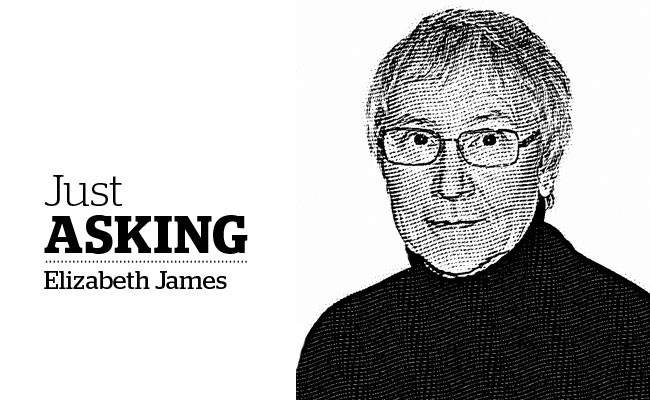“This summer is like no other: dry weather, water shortages and extreme fire risk are a real concern across the North Shore. This requires us all to think and act differently.”
– Tri-municipal advisory, North Shore News, July 15, 2015
Why did we need a record-breaking drought to persuade us we can no longer take our pristine drinking water supplies for granted?
The joint North Shore Drought Impacts advisory posted last week by all three North Shore municipalities arrived on residents’ doorsteps shortly after Metro Vancouver officially declared the region was suffering from a Stage 4 drought.
Regional water-use restrictions remained at Stage 2 (upgraded to Stage 3, July 20) but when the data collected July 12 showed Capilano and Seymour reservoir levels at 73 per cent of normal and dropping rapidly, Metro decided to open up the spillway to allow glacial water from the high-elevation Palisade Lake to flow into the system to replenish the Capilano reservoir.
At time of writing, no decision had been made to tap into the glacier-fed waters behind the Seymour Dam in the 87-year old Burwell and Loch Lomond dams. So, assuming Metro Vancouver residents adhere to the strict water-use guidelines and we manage to come through the next six to eight weeks of summer relatively unscathed, where do we go from here?
Do we breathe a sigh of relief and return to our profligate ways with our drinking water, or would we be wiser to work in concert with the Greater Vancouver Water District to plan ahead for more summers like this?
What planning do I have in mind?
Well, in the first place, it never has made sense to me for us to spend multi-millions of dollars to collect and process water to potable standards, only to pour it away on lawn-irrigation and on washing our windows and cars. (Nor, for that matter, does it seem smart to allow storm water and the water we’ve used on the car to drain into our waste-water treatment systems and overload the Lions Gate Treatment Plant; but that’s a story for a different day.)
What I do suggest is that, as early as September, Metro should assemble an expert advisory committee to examine modern national and international best practices with a view to separating our drinking water needs from most other water usage.
The objective would be to determine the most efficient and economical ways by which to, for example, recover and recycle the waste water we send down the drain from our showers, dishwashers and washing machines and treat that only to a level safe enough for irrigating our gardens, washing the car and other such uses.
No doubt there will be hurdles to overcome as we and our governments try to “think and act differently.” But figure it out we must if, as we’re constantly warned, this region will need to accommodate the water requirements of a million more residents in the near future.
On a lighter note, I’ve had many an amusing moment picturing myself saving water in some of the ways suggested by people who responded to the North Shore News Inquiring Reporter question: “In what innovative ways are you conserving water?,” the best one being this:
I only have a shower, no bath. I also have a 10-gallon hot water tank, which means my showers never have been a certain politician’s 15 minutes long. So I’m sure glad that, for those reasons, I don’t need to consider one person’s water conservation method: “Stand in a bucket while you shower, and then use that water on your garden.”
You’d have to know me, I guess, but the cartoon picture of the contortions that idea brings to mind suggests I’d be pushing my luck not to have said politician-cum-paramedic arrive on my doorstep to cart me off to Lions Gate [Hospital] with a sciatic attack, while a local plumber comes by to fix the damage to the shower!
Hmmm, come to think of it, since nothing else has worked...
Now, be off with you; quit smoking so you don’t need to worry about your butts — and don’t forget to turn off that tap.
After 16 years with the multi-disciplinary Perinatal Programme of B.C. and later in various endeavours in the growing high-tech industry, Elizabeth James now connects the dots every second Wednesday on local, regional and provincial issues. Email her at [email protected].
What are your thoughts? Send us a letter via email by clicking here or post a comment below.



